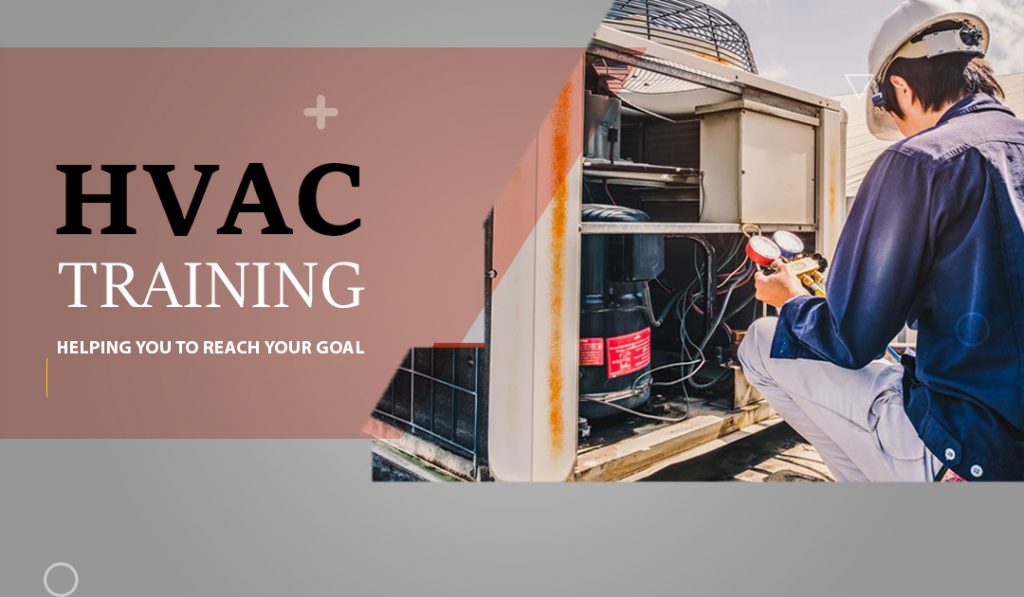Introduction:
HVAC engineers are a very important part of an organization. They are responsible for designing and implementing heating, ventilation, and air conditioning systems in the office premises of an organization. However, being an HVAC engineer is not that easy and requires one to clear different exams and possess many important skills like statistical skills, listening skills, etc. Here’s how you can become a HVAC engineer.
What Are the Prerequisites to Become an HVAC Engineer?
To become an HVAC engineer, you must have a bachelor’s degree in mechanical engineering. However, if you are someone who wants to become Professional Engineers (PE) then you must enroll in the training program of an institution that is accredited by ABET aka the Accreditation Board for Engineering and Technology. Besides this you must have many other important skills like:
- Creativity
- Listening skills
- Problem-solving skills
- Mathematic reasoning, etc.
Want to learn these skills? Join our HVAC Online Course in Qatar today.
How to Become an HVAC Engineer?
Here are the steps that you can follow to become an HVAC engineer:
Step 1: Get a high school diploma/GED
If you are an aspiring HVAC engineer, then you must get a high school diploma or General Educational Development diploma (4 years). Besides this, you must be good at math as well as science in school to become a successful engineer. You can also enroll yourself in volunteering programs of local companies to gain experience in managing these systems.
Step 2: Get an associate/bachelor degree in engineering
Next, you must get an associate/bachelor’s degree in mechanical engineering, or any other related discipline. During your training make sure you take courses like energy calculation, air handling equipment, psychometric analysis, pumps and piping systems, etc.
Step 3: Clear the Fundamentals in Engineering (FE) exam and become an Engineer in Training (EIT)
If you have done your BSc/BS in mechanical engineering, then you must clear the FE exam and become an EIT. It is the very first step that you must take to become an engineer (licensed engineer). Besides this, you might also get opportunities to work on publicly funded projects once you clear the FE exam. So, make sure you clear the FE exam before your graduation.
Step 4: Apply for entry-level jobs
Once you get your degree and clear the FE exam the next thing that you must do is start looking for entry-level jobs. This allows you to polish your skills and become more proficient in your work and thus help you in becoming a competent engineer.
Note: Depending upon your location you might have to register as an intern/apprentice and work under the mentorship of a licensed journeyman-level contractor for credentialing.
Step:5 Get a certificate in engineering
The next thing that you must do to become an HVAC engineer is to get a certification in it. Note: If you have done under graduation in HVAC technology then you can go for a certification program. However, if you have not done under graduation in it then you can enroll yourself in a certification program like the online master of science in mechanical engineering.
Want to get an HVAC certification? Join our HVAC Online Certification in Qatar program today.
Step 6: Clear the Professional Engineering (PE) exam in mechanical engineering if you are a BSE student
Finally, to become a licensed engineer you must clear the PE exam in HVAC and refrigeration. Once you clear the exam you will become Professional Engineers (PE) and you can start applying for jobs as a professional HVAC engineer. Besides this, if you want to get a specialization certification then you can obtain that certification by enrolling in training programs of a reliable training institute.
Conclusion:
HVAC engineer is a very important part of an organization and being an HVAC engineer is not a child’s play. However, with dedication and determination, one can easily become an HVAC engineer. So, if you are an aspiring engineer then follow all the instructions of this guide and you will soon become a competent HVAC engineer.

